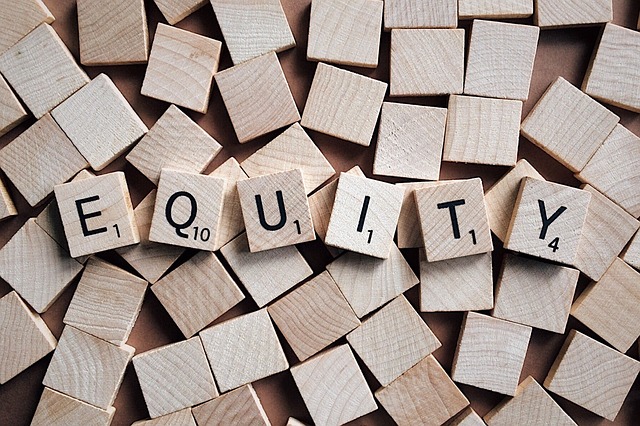 For many Americans, their home is their primary investment. The equity stored in your residence can be a source of available cash for home repairs, upgrades, or for financing the purchase of investment properties. However, few homeowners really understand the process that results in home equity.
For many Americans, their home is their primary investment. The equity stored in your residence can be a source of available cash for home repairs, upgrades, or for financing the purchase of investment properties. However, few homeowners really understand the process that results in home equity.
What Is Home Equity?
Your monthly mortgage payment goes towards two different amounts. The first is the interest that you pay for the loan. The other is your principal payment or the amount that counts against the initial amount that you borrowed for the purchase. Depending on the details of your loan contract, each payment is generally split between these two types of charges.
Over time the amount that you’ve paid towards the loan’s principal grows your equity position. With each payment, your equity grows as well. Once enough equity is accrued, many lenders allow homeowners to access those funds via an equity line of credit, home equity loan or a cash-out refinance.
You’ll have to pay interest on any monies you withdraw from the second mortgage or higher loan amount upon your refinance. With home equity lines, however, these loans only charge interest on the money that you actually use. You can secure a home equity line of credit for a certain amount and not be liable for a penny in interest until your first withdrawal.
How Can You Calculate Potential Equity?
There are 4 main factors to consider when calculating your home’s equity.
- Home value.
- Monthly mortgage payments.
- Down payment.
- Any liens or additional mortgages on the property.
Imagine your home is currently valued at $300,000. With cash down payment of 20%, your home’s starting equity is equal to your initial $60,000 payment. Each payment slowly increases your equity until you have full financial ownership of your home.
Talk to your lender to understand how interest in applied to each payment. For fixed rate loans, you can easily figure out how much of your mortgage payments are immediately applied to the loan’s principal. An easy way to see this equity build up on a monthly basis is to reference an amortization schedule. Your lender should be able to provide this for you at no charge.
For property owners with liens and additional mortgages, add the value of those items to what’s still due on your primary mortgage loan before completing the calculations.
Home equity is a flexible financial tool that you can use to improve your property, expand your business, or treat yourself to something special. Plan carefully to get the most out of your home equity line of credit.
If you are interested in a buying a new home or listing your current property, be sure to contact your trusted real estate professional.
 A reverse mortgage is a way to use the equity value that built up in a home to improve the quality of life for those who have appropriate circumstances when they reach the retirement age of 62 or older. With a reverse mortgage, a person continues to live in their own home and retains the title to it but does not have to make any monthly reverse mortgage payments.
A reverse mortgage is a way to use the equity value that built up in a home to improve the quality of life for those who have appropriate circumstances when they reach the retirement age of 62 or older. With a reverse mortgage, a person continues to live in their own home and retains the title to it but does not have to make any monthly reverse mortgage payments. If you have been looking for a new home, and you find one offered under a short sale, this may be to your advantage. While some buyers are wary about buying a home that needs to be sold with the approval of the lender, it’s a great way to get a bargain on a home that you love.
If you have been looking for a new home, and you find one offered under a short sale, this may be to your advantage. While some buyers are wary about buying a home that needs to be sold with the approval of the lender, it’s a great way to get a bargain on a home that you love.